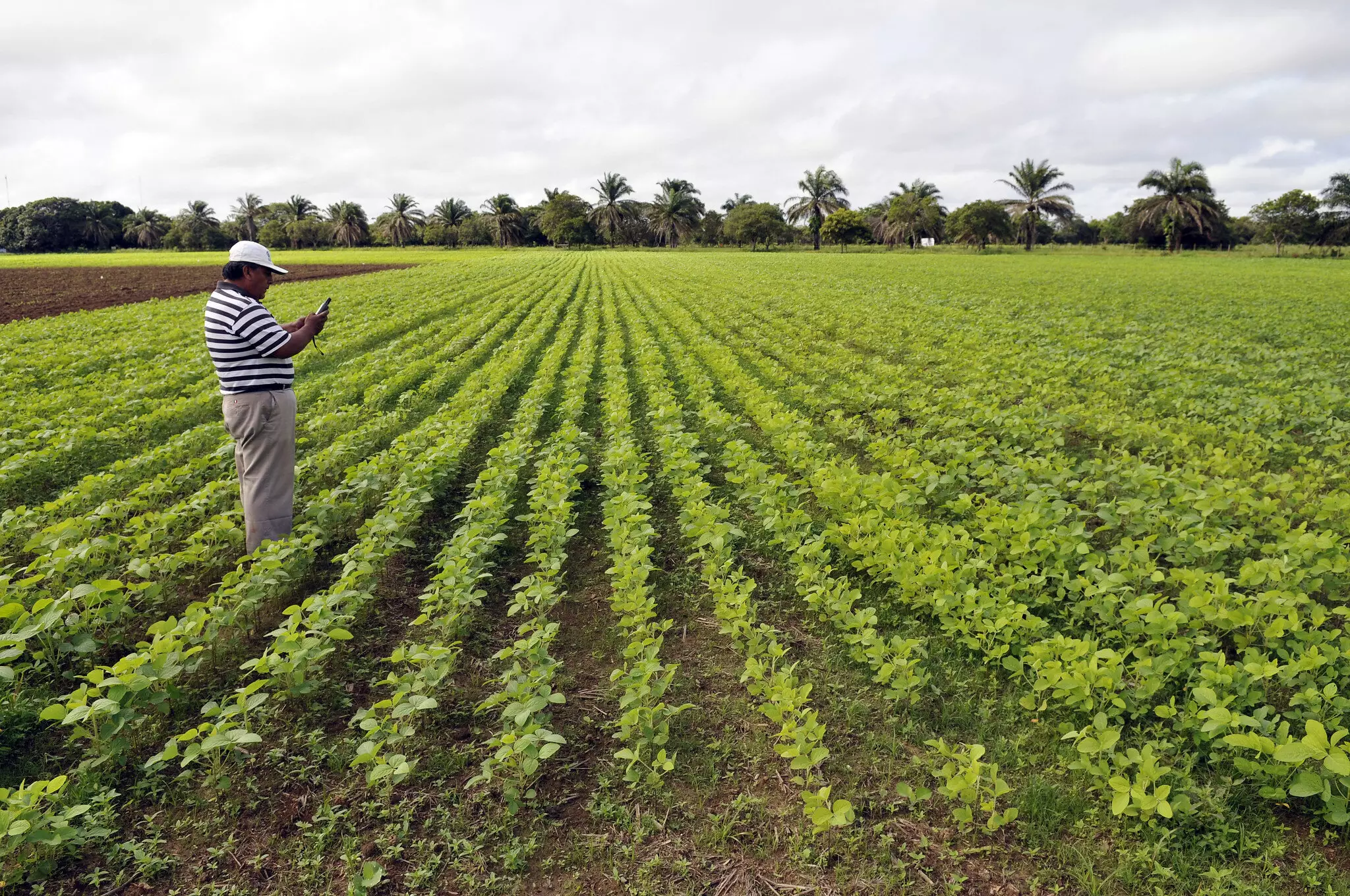Foreign Direct Investment (FDI) has long been celebrated as a catalyst for growth in developing nations, particularly in tropical regions rich in biodiversity and natural resources. However, the reality is more complicated. The extractive industries, such as mining and logging, have often created detrimental environmental impacts that perpetuate cycles of deforestation and biodiversity loss. The question arises: can the same be said for FDI aimed at food systems? In a world grappling with climate change and food security, this question becomes increasingly urgent, calling for a serious evaluation of the implications of FDI on land-use practices.
In the landscapes of tropical countries, agriculture emerges as a leading force driving deforestation. Data suggests that the scale of food production in these regions, particularly driven by FDIs, results in the widespread clearing of forests that house vital ecosystems. New regulations, notably from European platforms seeking to mitigate tropical deforestation in food supply chains, are commendable initiatives but often miss the broader implications of FDI beyond merely agricultural output.
A New Perspective on Deforestation Drivers
Recent research casts a critical eye on the role of FDI in contributing to deforestation, identifying urbanization and investment flows as significant culprits. This nuanced understanding, derived from studying tree cover loss over a span of 17 years across 40 tropical and subtropical countries, reveals that urban demand for food heavily contributes to ecological degradation. The findings from a machine-learning analysis challenge the conventional wisdom that merely focusing on export levels will suffice in addressing deforestation. The research asserts that it is imperative for policymakers and investors to consider domestic consumption patterns, which have become increasingly influenced by FDI.
The study emphasizes that the shift towards an era of “supermarketization” — characterized by the proliferation of larger retail entities and processed foods — correlates closely with rising deforestation rates. As investment in urban food systems surges, traditional dietary habits are supplanted by the demand for ultra-processed foods, which often depend on commodities sourced from deforested lands. Thus, the impact of FDI transcends traditional borderlines of production and compels a rethink of global food systems.
Urbanization and Consumption Patterns: The Hidden Forces
Understanding the drivers of deforestation requires a comprehensive view, one that incorporates the complexities of food systems rather than focusing solely on agricultural production. This study uncovers 12 critical drivers that interact to explain deforestation trends. The advanced machine learning algorithms employed in the research provide unique insights, supporting the argument that both local and global factors must be integrated into efforts aimed at forest preservation.
The transition from rural-based food sources to urban-centric consumption patterns has put additional pressure on land and forest ecosystems. Urbanization not only heightens the demand for food—shifting dietary preferences towards meat and processed products—but also distances consumers from the agricultural practices that sustain them. This disconnection exacerbates the negative environmental impacts associated with food production because it often leads to a lack of awareness around sustainable practices.
Rethinking Investment Strategies for Sustainable Development
The implications of FDI extend beyond immediate economic benefits; they bear long-term consequences for the environment. The debate surrounding the merits of FDI often centers on the economic advantages, such as job creation and increased tax revenue. Nonetheless, the adverse effects, including environmental degradation and increased land value, pose significant challenges that must be recognized and addressed comprehensively.
To strike a balance between the potential benefits of FDI and its drawbacks, researchers and policymakers must focus on implementing more sustainable strategies. Evaluating investment proposals through an environmental lens is crucial, and aligning incentives with domestic priorities can drive more responsible investment choices. Additionally, establishing regulatory standards similar to the European Union’s Deforestation-Free Products legislation for foreign investors in local markets could serve as a vital step toward mitigating environmental harm.
Furthermore, raising public awareness about health implications and sustainable practices in food consumption could stimulate a grassroots movement toward responsible eating in urban environments. The interconnectedness of urban lifestyles with global food systems necessitates an expanded focus that encompasses education and advocacy.
Funding Defined by Purpose: The Future of FDI
The future of FDI in food systems requires a paradigm shift that recognizes its intrinsic link to land use and environmental health. As land prices rise due to increased investment and demand for food production, we must remain vigilant to the consequences of such dynamics on ecological integrity. Future research should intensively explore these relationships, examining how fluctuations in investment affect land valuation and environmental sustainability.
In essence, transforming FDI into a force for good requires more than just financial capital; it necessitates a holistic approach that prioritizes sustainability, biodiversity, and the health of ecosystems. In a world increasingly aware of climate change and ecological fragility, aligning foreign investments with these crucial principles might offer a pathway towards sustainable development that values both people and the planet.

